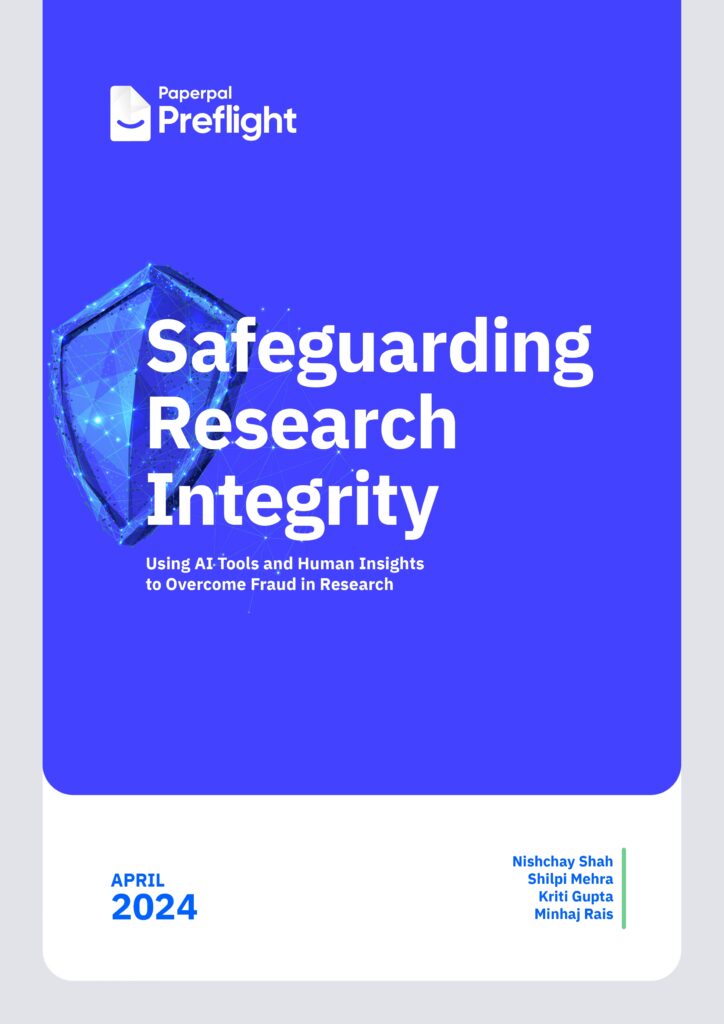The editorial desk, responsible for evaluating scholarly work, has long served as the gold standard for ensuring research integrity. In this process, editors meticulously evaluate submitted manuscripts, assessing their methodology, data analysis, conclusions, and overall contribution to the field of knowledge.
Table of Contents
- The Vulnerability of Traditional Evaluation System
- A Potential Solution: The Hybrid Approach To Research Integrity
However, the ever-evolving scientific landscape, coupled with the rise of ‘fake science’ and sophisticated artificial intelligence (AI) tools, presents new challenges to maintaining the robustness of this system.
We are witnessing a concerning trend: the proliferation of “fake science” facilitated by advancements in generative AI. While AI offers undeniable efficiency, its potential for misuse in research publication raises serious concerns. On the other hand, traditional editorial process is invaluable, but can be time-consuming and susceptible to human bias.
The Vulnerability of Traditional Evaluation System
The recent surge in AI-powered tools capable of generating realistic scientific text poses a significant threat to the credibility of scientific publishing. Malicious actors could potentially exploit these tools to fabricate entire research papers or manipulate data to support predetermined conclusions.
While traditional editorial systems remain the primary line of defense against such fraudulent practices, its limitations are becoming increasingly apparent. Editors are often pressed for time, leading to cursory evaluations. Additionally, unconscious bias can cloud editor’s judgment, potentially overlooking flaws or overlooking innovative ideas that challenge established paradigms.

A Potential Solution: The Hybrid Approach To Research Integrity
We propose a promising approach – a hybrid model, which leverages the strengths of both AI and human experts.
This model works in a two-step process:
AI-powered Screening: Advanced algorithms can scan huge number of submitted manuscripts for inconsistencies, plagiarism, and statistically improbable data. This initial screening helps identify potential red flags that warrant further investigation.
Human Expertise for In-Depth Check: Once filtered by AI, manuscripts are directed towards human experts. Experts can then delve deeper into the research methodology, assess the novelty of findings, and evaluate the overall contribution to the field of study. This allows them to provide more comprehensive and insightful feedback.

We have recently published a comprehensive whitepaper – ‘Upholding Research Integrity: Using AI Tools and Human Insights to Overcome Fraud in Research’. The whitepaper explores the specifics of the hybrid model, present insights on its effectiveness, and address potential concerns.
Download the whitepaper here.



